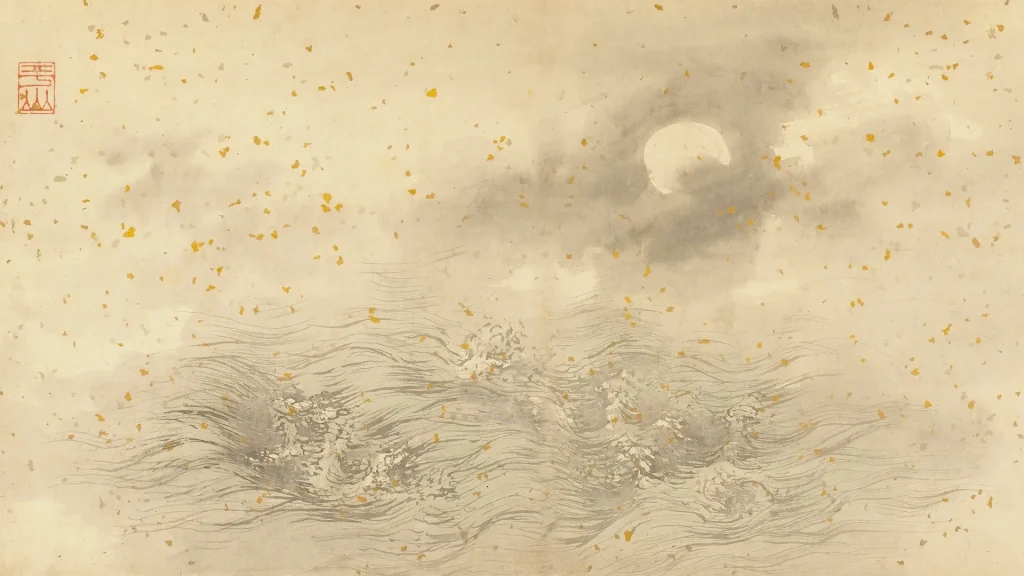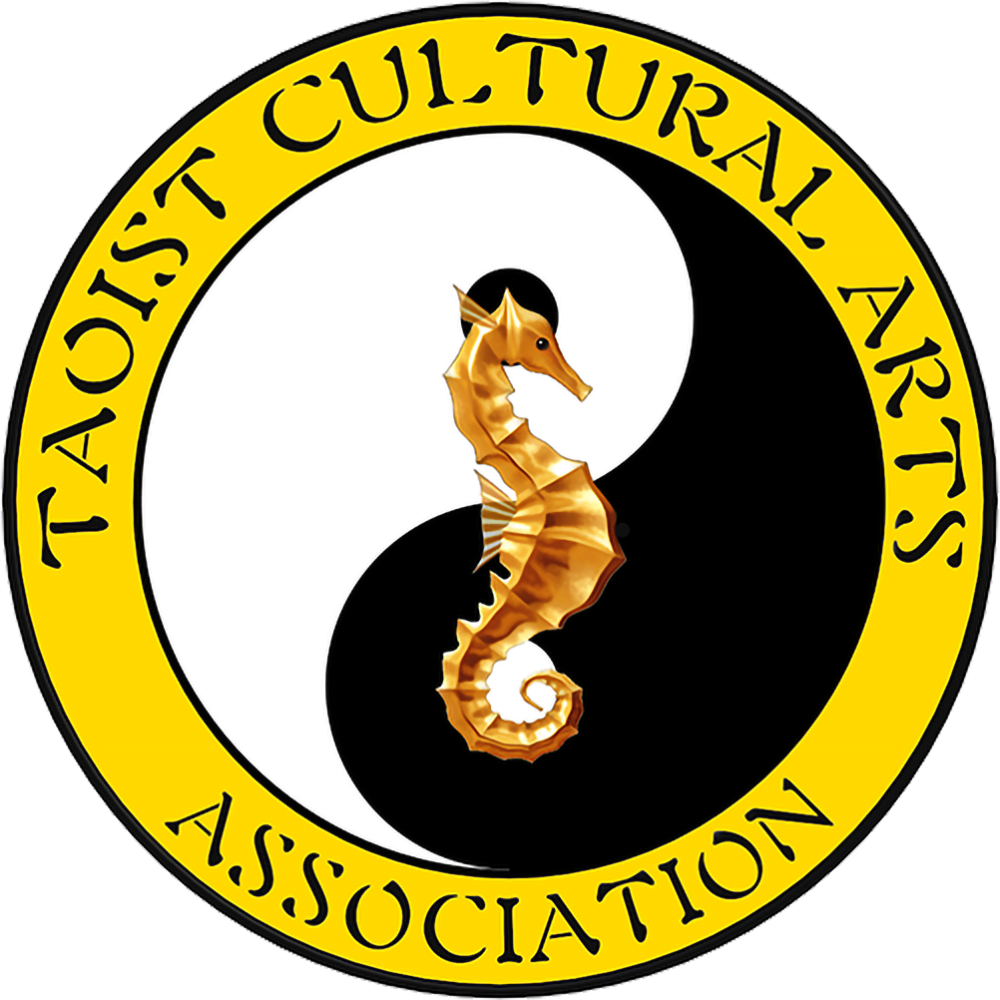
In the realm of mental health, anxiety is a common and challenging condition. It’s characterized by a consistent state of apprehension, persistent fear, or excessive worry about everyday situations. This disorder can manifest through various symptoms, such as a racing heart, rapid breathing, sweating, brain fog, lack of focus, indecision, and chronic fatigue, all of which significantly impact an individual’s quality of life.
Western Medicine’s Perspective
In Western medicine, anxiety is seen through the lens of neuroscience. The roots of anxiety lie in the brain’s amygdala, a crucial structure responsible for processing fear and emotional responses. When we perceive a threat, the amygdala triggers a chain reaction, releasing stress hormones like cortisol and adrenaline, kickstarting the fight-or-flight response. In anxiety, the amygdala can become overactive, creating an imbalance in these responses. This imbalance often leads to a vicious cycle, with each anxious thought activating the amygdala and releasing stress hormones, amplifying feelings of fear and worry.
Treatment in Western medicine primarily involves pharmaceutical interventions, cognitive-behavioral therapies, and lifestyle modifications. The goal is to alleviate physical symptoms, modify thought patterns, and prevent anxiety from escalating into more severe conditions, such as panic attacks, generalized anxiety disorder, or phobias.
Ancient Chinese Medicine’s Take on Anxiety
Ancient Chinese medicine offers a wholly different perspective on anxiety, grounded in the philosophy of the Five Elements: Wood, Fire, Earth, Metal, and Water. Each element is associated with specific emotions, organ systems, and aspects of the psyche, creating a holistic view of health and wellness.
In this philosophy, anxiety is predominantly linked with fear and is associated with the Water element, which corresponds to winter—a time of introspection, conservation, and preparation for new growth. Analogous to the stillness of a frozen lake, the Water element encourages inner reflection, deep wisdom, and emotional resilience.
Harnessing Fear for Good
Fear, when properly channeled, can serve as a useful warning system, heightening our awareness of potential danger. However, when it overtakes our lives, manifesting as incessant worries or obsessive fears, it becomes problematic. This excessive activation of fear signals an imbalance that needs to be addressed and rectified.
In the context of the Water element in Chinese medicine, fear is a constituent emotion. Overpowering fear is akin to a tumultuous wave sweeping us off our feet, making us vulnerable to external and internal threats. Recognizing and managing this overactivity of fear is a crucial step toward achieving emotional balance and overall well-being.
The Role of Kidneys and Jing in Anxiety
Water is associated with the kidneys and bladder in Chinese medicine. The kidneys are considered the “Root of Life” and store “Jing” or “Essence,” a fundamental substance in the body. Jing influences the body’s functions, growth, reproduction, and development. A deficiency in Kidney Yin or Jing can lead to an imbalance in the Water element, resulting in irrational fear and constant worry.
Various lifestyle factors, such as excessive sexual activity, chronic stress, unhealthy dietary habits, and stimulants like coffee, can deplete Jing and cause Kidney Yin deficiency, disrupting the body’s equilibrium and manifesting as physical and psychological symptoms.
Holistic Approaches to Overcoming Anxiety
Overcoming anxiety, whether from a Western or Chinese medicine perspective, involves lifestyle adjustments and mindfulness practices. Reducing harmful activities and improving your diet are essential steps. But there are more proactive measures to correct the imbalance and restore Jing.
Tai Chi, an ancient Chinese martial art form, stands at the intersection of these remedial steps. Practicing Tai Chi promotes deep, regulated breathing, fluid body movements, and a meditative mindset, fostering balance and harmony.
Tai Chi integrates Wuwei, or effortless action, into physical movement, promoting a relaxed but focused state of mind that minimizes anxiety and stress. The practice encourages the conservation of Jing, allowing for the preservation and rejuvenation of the body’s vital resources.
In addition, Tai Chi cultivates willpower and resilience, enabling practitioners to combat stress, anxiety, and fear more effectively. Its holistic benefits, both physical and mental, foster an inner peace that helps manage and potentially overcome anxiety.
Building Confidence Through Self-Defence Training
While Tai Chi is a meditative practice, it’s also a martial art deeply rooted in self-defense. Integrating self-defense training into your routine with Tai Chi offers another dimension in alleviating anxiety. This practice enhances physical capabilities and instills a sense of safety, confidence, and empowerment.
When we feel safe and capable, we naturally exude confidence, which can significantly influence how we navigate daily life, from physical posture to social interactions. Improving physical stance can project self-assuredness, deter potential threats, and encourage positive interactions.
Tai Chi and Social Anxiety
Self-defense training in Tai Chi revolves around the principles of balance and control. By learning how to maintain stability under pressure, individuals can apply these skills in social contexts, managing stressful interactions more effectively and reducing anxiety. This training demonstrates tangible enhancements to self-preservation skills through practical methods, ultimately boosting confidence.
The social aspect of Tai Chi training also offers a supportive community, providing a safe space for individuals with social anxiety to build their comfort in interacting with others gradually.
Final Thoughts: A Holistic Approach to Overcoming Anxiety
Tai Chi, by integrating awareness, physical resilience, and self-defense skills, provides a holistic approach to combating anxiety. It’s not just about managing symptoms; it’s about empowering individuals to take control, foster inner strength, and lead a balanced, harmonious life.
In essence, overcoming anxiety involves understanding and nurturing the mind-body connection. Whether through nurturing the Water element, preserving Jing, or enhancing self-confidence through self-defense, Tai Chi offers a comprehensive and empowering approach to alleviating anxiety. Incorporating this practice into your lifestyle change may unlock potential paths to overcoming anxiety and cultivating inner peace.


Leave a Reply